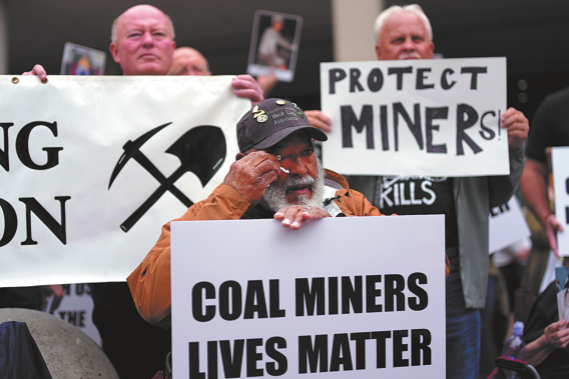University firings raise tensions in academia





Reviews banned
In another development, the Institute of Electrical and Electronics Engineers in New York has banned employees at Chinese communications company Huawei from reviewing submissions to its journals because of US government sanctions against the company.
Zhang Haixia, a professor at Peking University and a member of the institute for 20 years, said she has submitted a letter to resign her membership after learning of the ban.
"Politics should stay out of academia. No matter what country (German-born physicist) Albert Einstein is from, his scientific research can benefit the whole world," Zhang said.
If politics keeps interfering with academic research, there will be no scientific progress, she said, adding, "When scientists face all kinds of restrictions in their research, they are not doing research. They become politicians."
Shi Yunli, professor of science history at the University of Science and Technology of China in Hefei, Anhui province, said scientists have become scapegoats for tensions between countries in the past, notably during the 1950s when US senator Joseph McCarthy ordered a series of investigations and hearings in an effort to expose supposed communist infiltration of the government.
Wang Yu, a material technology scientist and president of Shanghai Yuking Water Soluble Material Tech, which sells its products to medicine producers in more than 100 countries, said the US needs cooperation and support from China in many areas of science, for example chemistry and material technology.
"The US has been bringing many foreign scientists, from China, India and other countries, to work in laboratories and carry out research, and the fruits of their work are eventually transformed into products," he said.
"The US has talent from around the globe, and makes the greatest input into scientific research. It is way ahead of China in scientific development generally, and there is a gap of two or three decades in certain areas.
"But in some specific areas, such as certain sectors of biomedicine and material technology, China has an advantage, and the US has to learn from China. The two countries need to cooperate while they compete in science."
Kong Wenzheng in New York, May Zhou in Houston, Lia Zhu in San Francisco, Pan Mengqi and Zou Shuo in Beijing, Zhou Wenting in Shanghai and Zhu Lixin in Hefei contributed to this story.




























